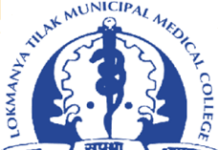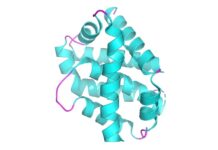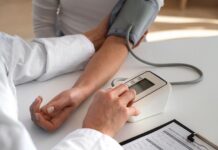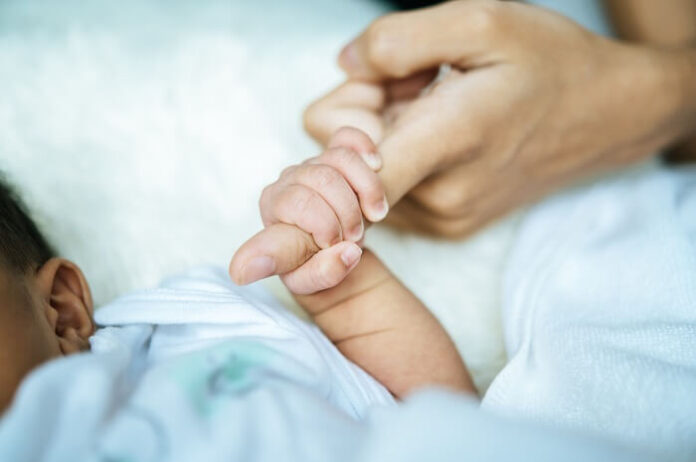Pregnant mothers often meticulously plan their baby’s first months, from picking out tiny socks to selecting the best strollers. However, health officials are urging more mothers to take a crucial step to protect their newborns from early hospitalization: getting the COVID vaccine during pregnancy.
A recent CDC report reveals that most babies hospitalized with COVID-19 had unvaccinated mothers. The data highlights that infants are the second-highest hospitalized age group for COVID, just behind seniors aged 75 and older. Hospitalization rates for infants under six months are similar to those of individuals aged 65 to 74.
While babies can’t receive a COVID vaccine until they’re at least six months old, vaccinated mothers can pass on protection to their babies during pregnancy.
The study analyzed 1,470 babies under six months old hospitalized with COVID from October 2022 to April 2024. It found that nearly 90% of the hospitalized infants had mothers who weren’t vaccinated during pregnancy. Babies of vaccinated mothers were typically older at the time of hospitalization, averaging 109 days compared to 58 days for those with unvaccinated mothers.
The study, as reported by WebMD, showed that more than 20% of hospitalized babies needed intensive care, and 1 in 20 required ventilation. Less than 1% of the hospitalized infants died. Notably, all infants who died in the hospital had mothers with no record of vaccination during pregnancy, and only about 25% of pregnant women received the COVID vaccine.
“These aren’t necessarily high-risk, ill newborns,” explained Dr. Neil Silverman, director of the Infectious Diseases in Pregnancy program at UCLA, to NPR. “These are full-term, healthy newborns who contract COVID and end up on ventilators.”
Research consistently supports the safety of COVID vaccination during pregnancy and while breastfeeding, with vaccinated mothers also able to pass protective antibodies to their babies through breast milk.
























